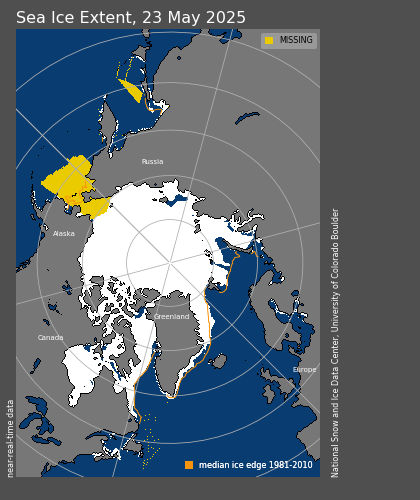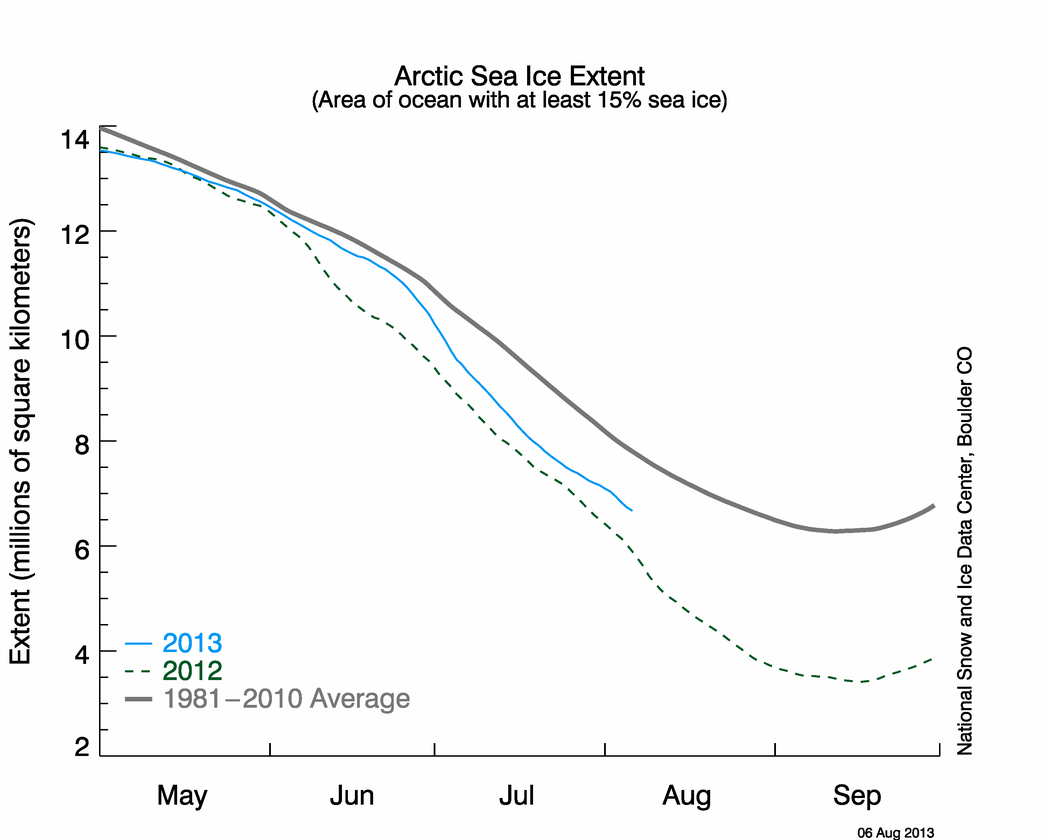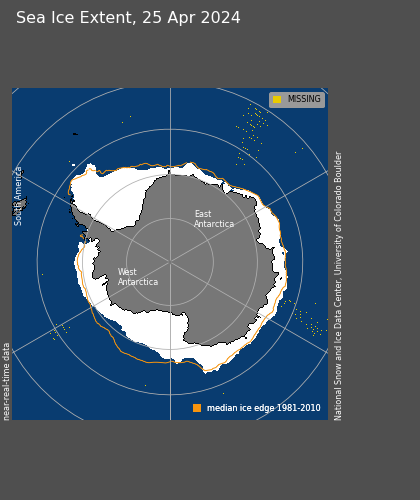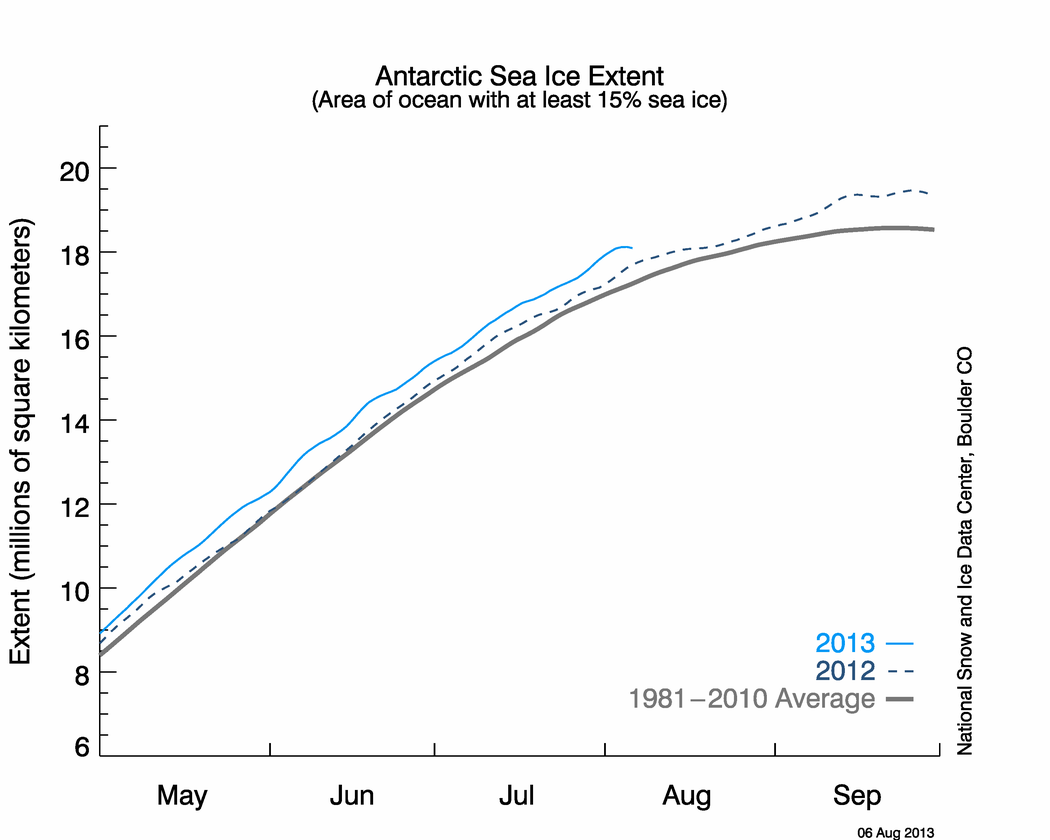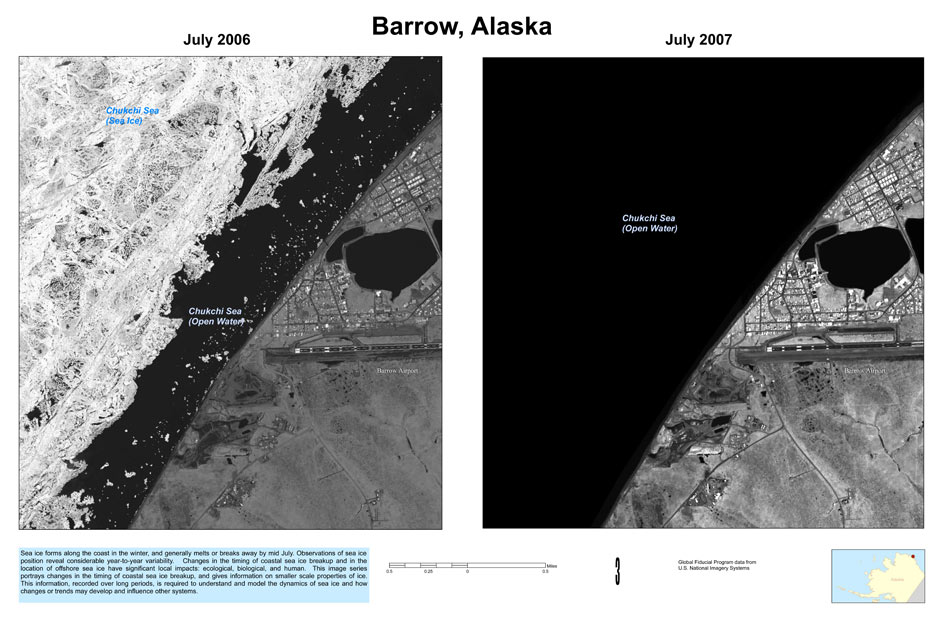CrazyHorse said:
Just a few points on the ice sheet data that you are both presenting. The data concerning the growth/shrinking of ice caps over the period of years is largely irrelevant as seasonally variations will cloud the longer term trends. Also, initial growth of ice sheets is not uncommon during atmospheric warming as increased temperatures lead to increased precipitation. The problem would occur when temperatures reach the point where ice begins to melt faster that than it can form. Ice sheets tend to have a very slow response time to external forcing, in particular temperature with the Antartic being amongst the slowest and greenland being somewhat faster (~10,000's and 1000's of years respectively).
|
In regards to the first point, the graphs I posted from the NSIDC compare equivalent days from year to year and the sea ice extent graphs from august compare have the mean overlayed from that date, not a mean of overall year round extent. In effect the seasonal effects are removed as an issue by examining on a smaller timescale.
As for initial growth during warming I agree, however the temperature data (ground and satellite) doesn't indicate it (ie the globe) has been warming, but rather cooling slightly, over the last several years.
Finally, with regards to response times what you've posted is essentially true (and is the truth behind a common missperception about the rate of ice melt)..but not only for ice sheets, but glaciers as well.


































